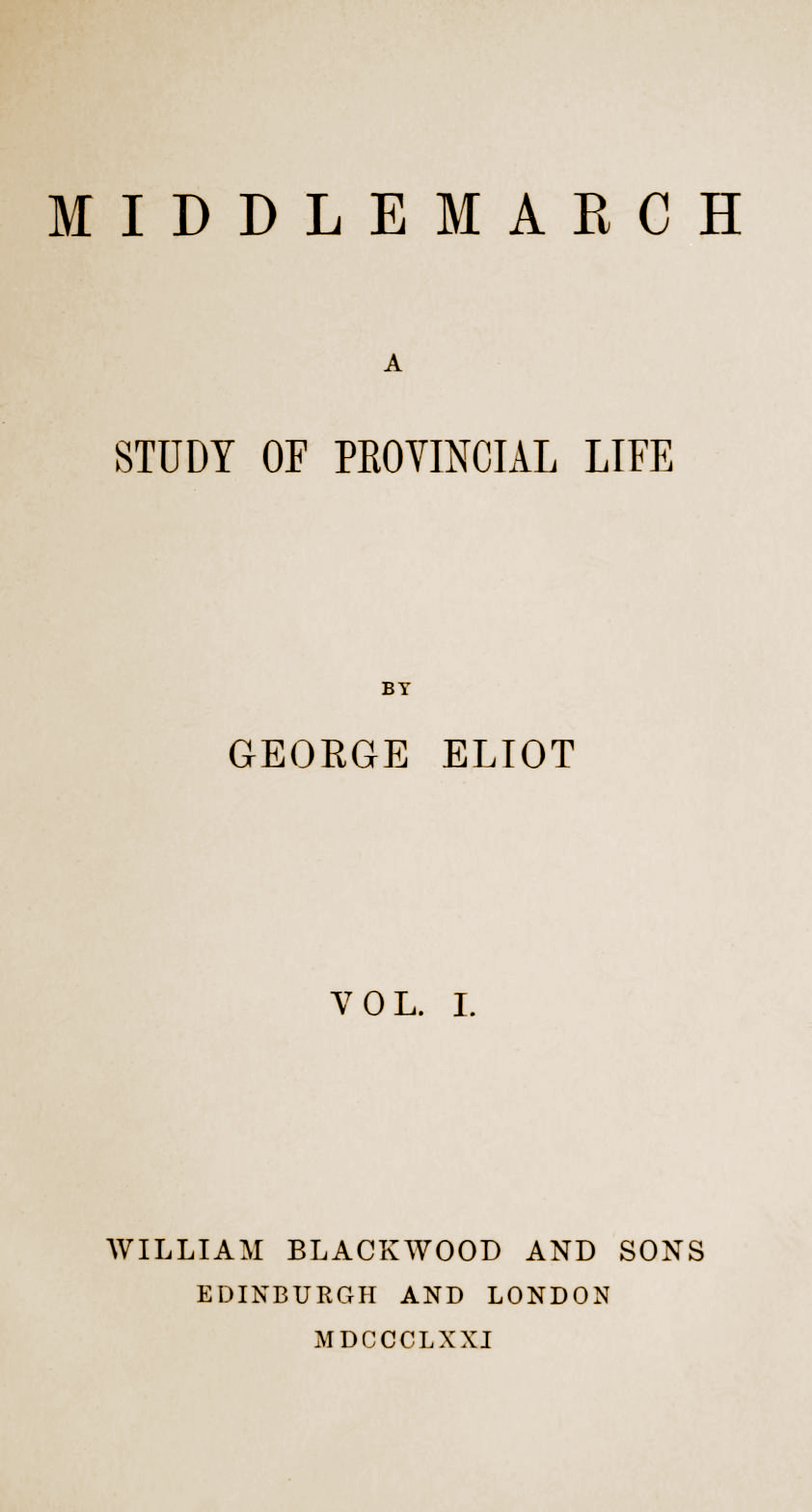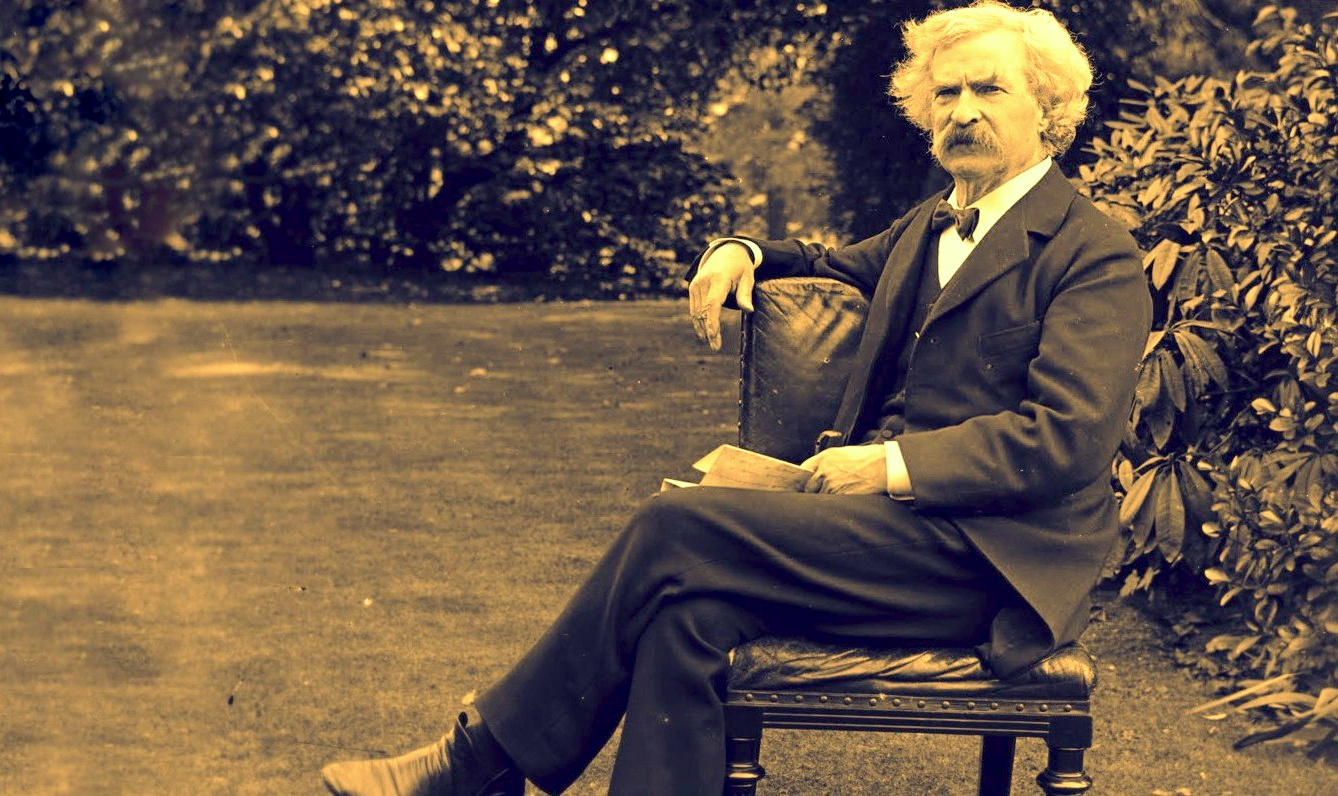020 7404 9390
Available 24 hours
Our Team
Locations we serve
![Locations we serve]()

Locations we serve
All Locations
London
Manchester
South East
East of England
Midlands
North West
North East
Yorkshire
South West
Wales
Vardags International
Australia
Bahrain
Bermuda
BVI
Canada
Cayman Islands
China
Dubai (UAE)
France
Germany
Gibraltar
Greece
Guernsey
Hong Kong
India
Italy
Jersey
Republic of Ireland
Kuwait
Liechtenstein
Luxembourg
Divorce
![Divorce]()

Divorce
Our Services
Our Team
Locations we serve
International
Types of clients we serve
Divorce Guides
Our Most Famous Cases
FAQs
Client Testimonials
Divorce Lawyers Serving Italians Living in the UK
Divorce Lawyers Serving British Clients in Italy
Divorce Lawyers Serving British Clients Married to Italian Nationals
Divorce Lawyers Serving Italian Clients Married to British Nationals
I'm getting divorced and want to protect my wealth
I'm getting divorced and I want to get my fair share
I want to maintain my lifestyle post-divorce
My spouse is hiding or undervaluing their business or other assets
My spouse is overvaluing my business or other assets
I'm already divorced but I'm still not satisfied
I'm already divorced but my spouse still isn't satisfied
My divorce isn't going well, can I switch divorce solicitors?
My spouse wants me to sign a post-nuptial agreement
I’m working to save my marriage but want financial security
I’m involved in someone else’s divorce
I have another issue related to divorce
All Locations
London
Manchester
South East
East of England
Midlands
North West
North East
Yorkshire
South West
Wales
Vardags International
Australia
Bahrain
Bermuda
BVI
Canada
Cayman Islands
China
Dubai (UAE)
France
Germany
Gibraltar
Greece
Guernsey
Hong Kong
India
Italy
Jersey
Republic of Ireland
Kuwait
Liechtenstein
Luxembourg
High net worth and ultra high net worth divorce solicitors
Bankers and financiers
Company executives
Entrepreneurs and private company owners
Professionals
Celebrities
Footballers and other sportspeople
Heirs and heiresses
Royalty and the aristocracy
Farmers and farm owners
Requirements for your marriage to be valid in England and Wales
Grounds for divorce
Divorce Process
Claiming Jurisdiction
Financial Proceedings Process
How the courts decide a financial settlement
Obtaining financial provision following an overseas divorce
Nuptial agreements
Tax implications on divorce
Religious Divorces
Alternatives to divorce
Where should I divorce?
The complete guide to trusts in divorce
High profile & important cases
Other Services
![Our Services]()

Our Services
Commercial & Civil Litigation Introduction
My company is involved in a procurement dispute
My company is involved in a dispute with a shareholder
My company is involved in a contractual dispute
My company is involved in a joint venture dispute
My company is involved in an M&A dispute
My company is involved in an insolvency dispute
I am involved in a shareholder dispute
I am/my company is involved in an intellectual property dispute
I have/my company has an injunctions issue
My company has been served with a seizure order
My company has been served with an injunction
- Our Team
-
Locations we serve
- All Locations
- London
- Manchester
- South East
- East of England
- Midlands
- North West
- North East
- Yorkshire
- South West
- Wales
-
International
- Vardags International
- Australia Desk
- Bahrain Desk
- Bermuda Desk
- BVI Desk
- Canada Desk
- Cayman Islands Desk
- China Desk
- Dubai (UAE) Desk
- France Desk
- Germany Desk
- Gibraltar Desk
- Greece Desk
- Guernsey Desk
- Hong Kong Desk
- India Desk
- Italy Desk
- Jersey Desk
- Republic of Ireland Desk
- Kuwait Desk
- Liechtenstein Desk
- Luxembourg Desk
- Malaysia Desk
- Malta Desk
- Mauritius Desk
- Monaco Desk
- Netherlands Desk
- New Zealand Desk
- Oman Desk
- Russia Desk
- United States of America Desk
- Portugal Desk
- Poland Desk
- Qatar Desk
- Saudi Arabia Desk
- Scotland Desk
- Singapore Desk
- South Africa Desk
- Spain Desk
- Switzerland Desk
-
Our Services
-
Our Services
- Divorce Lawyers Serving Italians Living in the UK
- Divorce Lawyers Serving British Clients in Italy
- Divorce Lawyers Serving British Clients Married to Italian Nationals
- Divorce Lawyers Serving Italian Clients Married to British Nationals
- I'm getting divorced and want to protect my wealth
- I'm getting divorced and I want to get my fair share
- I want to maintain my lifestyle post-divorce
- My spouse is hiding or undervaluing their business or other assets
- My spouse is overvaluing my business or other assets
- I'm already divorced but I'm still not satisfied
- I'm already divorced but my spouse still isn't satisfied
- My divorce isn't going well, can I switch divorce solicitors?
- My spouse wants me to sign a post-nuptial agreement
- I’m working to save my marriage but want financial security
- I’m involved in someone else’s divorce
- I have another issue related to divorce
- Our Team
- All Locations
- Manchester
- Altrincham
- Bolton
- Bury
- Lincoln
- Oldham
- Rochdale
- Salford
- Stockport
- Tameside
- Wigan
-
Our Services
- Abingdon
- Basingstoke
- Bournemouth
- Brighton
- Canterbury
- Guildford
- Horsham
- Maidenhead
- Maidstone
- Oxford
- Portsmouth
- Reading
- Slough
- Southampton
- Tunbridge Wells
- Watford
- Winchester
- Windsor
- Bedford
- Bury St Edmunds
- Cambridge
- Chelmsford
- Colchester
- Harpenden
- Hertford
- Ipswich
- King's Lynn
- Norwich
- St Albans
- Birmingham
- Chesterfield
- Coventry
- Derby
- Hereford
- Leicester
- Milton Keynes
- Northampton
- Nottingham
- Nuneaton
- Peterborough
- Stoke
- Worcester
- Blackburn
- Blackpool
- Carlisle
- Chester
- Lancaster
- Liverpool
- Preston
- Durham
- Middlesbrough
- Newcastle
- Sunderland
- Doncaster
- Halifax
- Harrogate
- Huddersfield
- Hull
- Leeds
- Sheffield
- Wakefield
- York
- Bath
- Bristol
- Cheltenham
- Exeter
- Gloucester
- Plymouth
- Salisbury
- Swindon
- Taunton
- Truro
- Yeovil
- Cardiff
- Llandudno
- Newport
- Swansea
- Wrexham
- Australia
- Bahrain
- Bermuda
- BVI
- Canada
- Cayman Islands
- China
- Dubai (UAE)
- France
- Germany
- Gibraltar
- Greece
- Guernsey
- Hong Kong
- India
- Italy
- Jersey
- Republic of Ireland
- Kuwait
- Liechtenstein
- Luxembourg
- Malaysia
- Malta
- Mauritius
- Monaco
- Netherlands
- New Zealand
- Oman
- Russia
- United States of America
- Portugal
- Poland
- Qatar
- Saudi Arabia
- Scotland
- Singapore
- South Africa
- Spain
- Switzerland
- Children & Family
- Reputation & Privacy
- Corporate
-
Commercial & Civil Litigation
- Commercial & Civil Litigation Introduction
- My company is involved in a procurement dispute
- My company is involved in a dispute with a shareholder
- My company is involved in a contractual dispute
- My company is involved in a joint venture dispute
- My company is involved in an M&A dispute
- My company is involved in an insolvency dispute
- I am involved in a shareholder dispute
- I am/my company is involved in an intellectual property dispute
- I have/my company has an injunctions issue
- My company has been served with a seizure order
- My company has been served with an injunction
- Ancilliary Services




_(14586117747).jpg)









